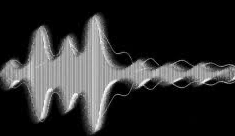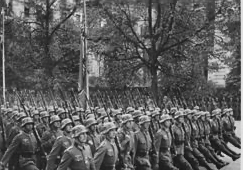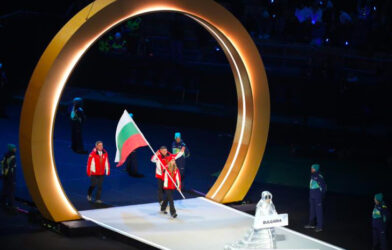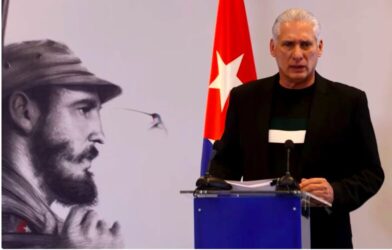IN SYNTHESIS

y Alfredo Cuéllar
PROVOKING IN ORDER TO HAVE POWER
Donald Trump has turned provocation into a form of power.
His communication strategy—what many analysts describe as political trolling—relies on provocation, division, and the constant capture of attention through exaggeration.
Instead of governing through argument, he governs through stimulus.
For years, this tactic allowed him to dominate the public stage: every word sparked a reaction, and every reaction expanded his visibility.
In a media ecosystem driven by social networks, where outrage generates more traffic than truth, controversy became his method of control.
Trump understood that noise itself is a form of power.
IT SELF-DESTRUCTS
Yet every strategy built on noise is, by its nature, self-destructive.
The politics of shock exhausts even those who master it.
What began as an advantage—his ability to set the agenda—gradually turns into a trap: the need to provoke ever more to remain visible.
In that spiral, power stops governing and begins merely to react to itself.
Micropolitics teaches that provocation is a short-range energy: it can mobilize emotions but cannot build legitimacy.
Attention can be captured; trust must be cultivated.
A leader who confuses influence with credibility becomes dependent on spectacle—and spectacle, inevitably, fades.
UNABLE TO OFFER A VISION
Opportunistic communication always carries a cost.
When exaggeration becomes routine, language loses its value; when irony replaces dialogue, authority dissolves.
Trump embodies a model of leadership that feeds on its own echo—effective at winning headlines, incapable of producing vision.
Political history reminds us that powers founded on symbolic manipulation end up eroded by the very mechanism that sustained them.
In Trump’s case, his trolling was an instrument of ascent but now threatens to become his undoing.
The public that once rewarded him for his defiance may soon grow indifferent to his clamor.
POWER IS TRANSFORMED BY DEGRADING ITSELF
Power, as Micropolitics teaches, does not disappear, it transforms—or it decays.
When provocation ceases to entertain and begins to exhaust, the provocateur’s greatest fear emerges: the silence of his own irrelevance.
Dr. Alfredo Cuéllar is an expert in Micropolitics: The Exercise of Power. He is a scholar and international consultant whose work explores the ethical and cultural dimensions of power in education and society. Comments and consulting: alfredocuellar@me.com












